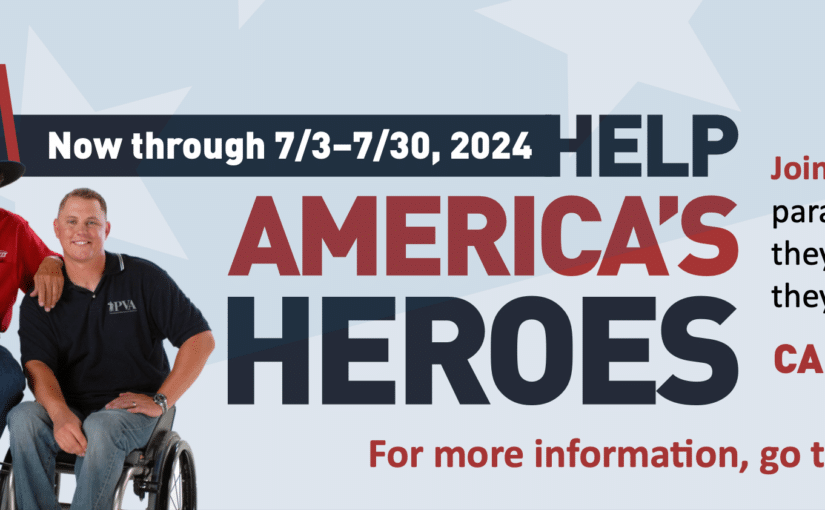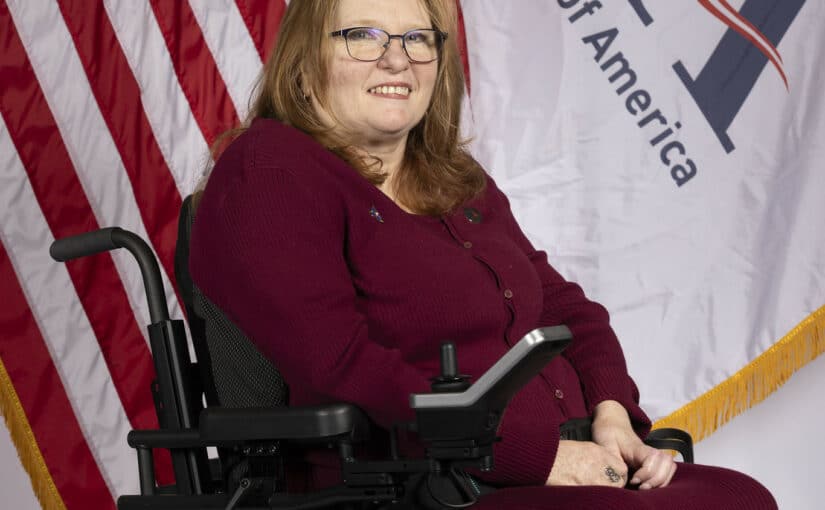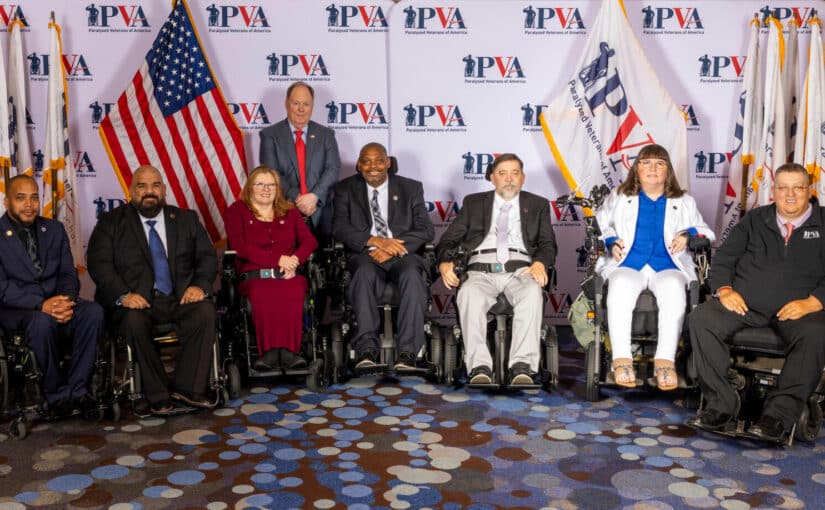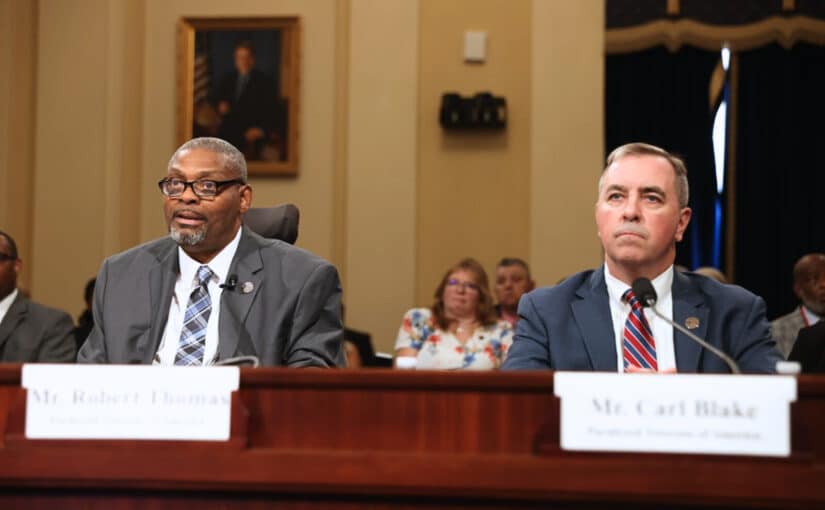Advocating for Access for All
When Frank Rigo was first paralyzed in the 1950s, he quickly discovered that the world wasn’t very friendly.
“I figured out that you had to adapt to the world because at that time the world wasn’t going to adapt to you in any way,” Rigo said. “We didn’t have things like curb cuts to wheel up onto a sidewalk.”
Rigo, a veteran of both World War II and Korea, says the battles he’s had to fight as a disabled person are as tough as any he fought in uniform and that they are usually about access in the physical world. A longstanding member of Paralyzed Veterans of America and former national secretary, Rigo has witnessed changes, but noted that further progress is needed. Among the things he would like to see are better enforcement of handicap parking and placard control and “friendlier” grocery stores where top-shelf items are not out of reach for a person in a wheelchair. But there has been much improvement, he said.
From its beginning until today, Paralyzed Veterans has stuck by its core principles of advocating for benefits and health care for its members in the VA Health Care System. In implementing that mission, the members realized that with good benefits and health care they were now ready to get back to the mainstream of life—raising a family, working, fully participating in society. However, the mainstream of society wasn’t prepared for them—or anyone who used a wheelchair or had a significant disability. Society needed to change, discrimination based on disability was wrong, and Paralyzed Veterans took on the fight for the civil rights for not only its members but all people with disabilities.
The Advocacy Program of Paralyzed Veterans carries out that mission. In order to change society, you have to change attitudes. Change comes through education and awareness or compliance and enforcement. Advocacy does it both ways. Specific major accomplishments include federal laws that have changed the American landscape preventing discrimination based on disability: The Air Carriers Access Act of 1986 prevents discrimination by air carriers. The Americans with Disabilities Act of 1990 (ADA) prevents discrimination in employment, transportation, public services, public accommodations and telecommunications. The National Voter Registration Act of 1993 requires states to coordinate voter registration lists, expanding registration to DMV facilities and state agencies that serve persons with disabilities. The Ticket to Work and Work Incentives Act of 1999 allows disabled workers keep their public health benefits as they transition back into the work force.
“With all these accomplishments, it has been the ADA that really changed the world we live in,” Lee Page, associate Advocacy director said. “It changed hiring practices for businesses regarding what you can and cannot ask a prospective employee about disability. When a worker becomes disabled on the job, they can be reassigned or perform the essential functions of the position with a reasonable accommodation if needed. Facilities in new construction have to meet new accessible building design guidelines and older facilities had to remove barriers which include a path of travel from parking to entrance to restrooms and drinking fountains, hallways and aisles, doors and door handles to the work area or retail space,” he said.
The act also requires transportation services to be accessible, lifts on buses, access to rail, hand controls for rental cars and sidewalks with curb cuts to accommodate wheelchairs. But travel issues need to be accessible for all. Page noted such improvements as tactile bumps in curb cuts or at the edge of platforms, which are a warning for those who are blind; audio crosswalks, which tell them when to cross the street, and Braille tactile, which allows a description or instruction on everything.
Page said other areas where ADA has made an impact include ensuring accessible public services and programs, from government meetings and sponsored services to accessible voting at the polling place, including registration, ballot design and voting machine; open captioning on public service announcements and audio display units with live description to assist the deaf and hearing impaired; and ADA Guidelines for emergency shelters, polling places and medical facilities.
To ensure that the intent of the law is met, Paralyzed Veterans has engaged in awareness and education activities with the public, its chapters and members, private business and government agencies. In some situations Paralyzed Veterans has filed suit against entities and or facilities that have failed to comply with the law.
“We work with the Office of Civil Rights in the Departments of Justice and Transportation, or the Equal Employment Opportunity Commission, the governing jurisdictions for compliance with the ADA,” Page said. “The intent of the ADA was to make a level playing field for people with disabilities, end discrimination based on disability and provide a “hand up, not a handout.”




